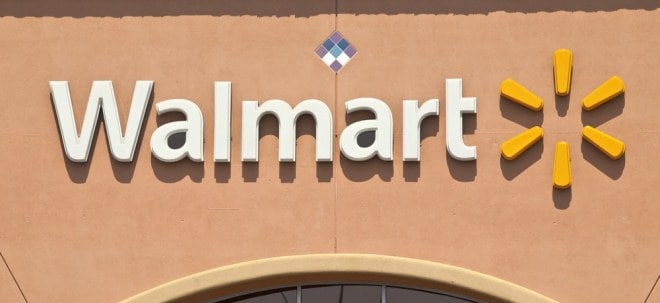Shares in this article
Northwest China’s Xinjiang region, home to predominantly Muslim minorities, has become a geopolitical hotspot – and an ethical dilemma for US multinational corporations doing business in China. The US government has accused China of genocide against religious minorities in the region, and US President Joe Biden signed a law last week banning the import of numerous products from Xinjiang – unless companies can show that they are Products were not made using forced labor, which is considered difficult.
China has rejected allegations of genocide and forced labor, stating that its policies in the region are aimed at combating terrorism and protecting national security.
Other western companies such as fast fashion retailer H&M and sporting goods manufacturer Nike have also recently been the target of the ire of Chinese consumers. H & M’s online presence was removed from the Chinese Internet this spring after the Swedish company announced that it would no longer source goods from Xinjiang.
Last Thursday, Intel apologized to Chinese consumers, partners and the public after an outcry against the company on Chinese social media. The US chip giant had published a letter to suppliers on its website, in which he asked them, with reference to a US law, not to purchase any goods from Xinjiang.
For its part, Walmart was drawn into the controversy on Friday after users wrote on domestic social media platforms that they could not find products typically from Xinjiang in the online stores operated by Walmart and Sam’s Club China. Sam’s Club is Walmart’s wholesale chain, open to members only.
A user of the microblogging service Weibo accused Walmart of “eating China’s rice and still slapping us in the face.” Others said they would be terminating Sam’s Club and shared photos of their conversations with customer service representatives showing them terminating their contracts. Others said they were boycotting Walmart stores.
Some users reported that online customer service had told them that the products in question were no longer available. A Walmart spokesman declined to comment.
On the NYSE, Walmart shares ultimately rose 0.93 percent to $ 140.79.
NEW YORK (Dow Jones)
More news about Walmart
–
Image Sources: Niloo / Shutterstock.com, trekandshoot / Shutterstock.com
–


